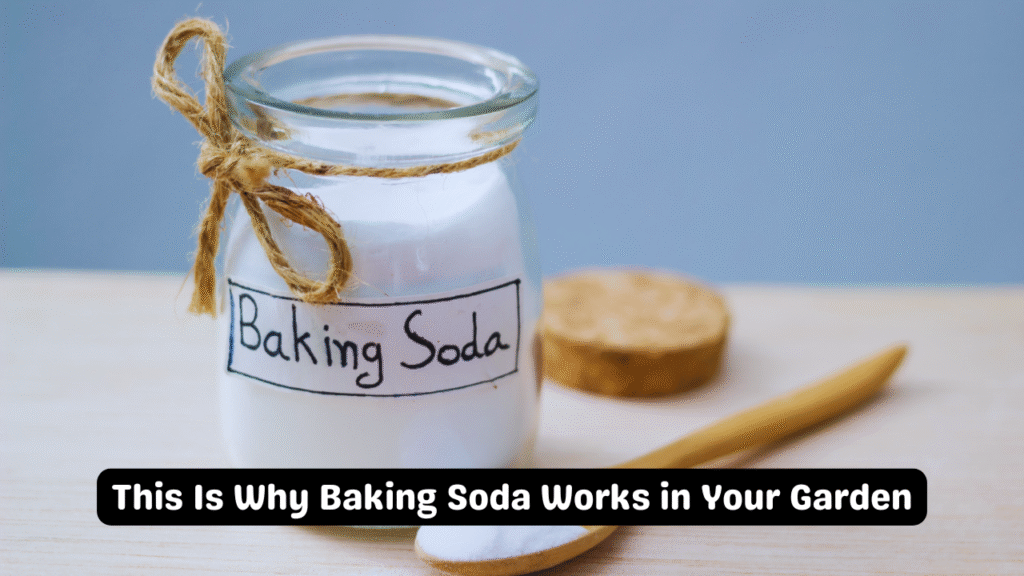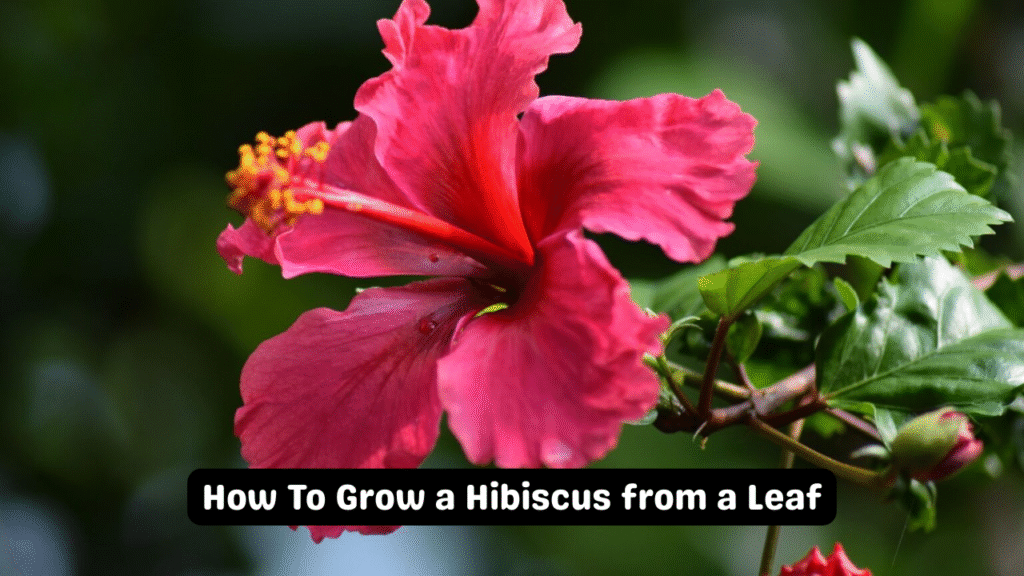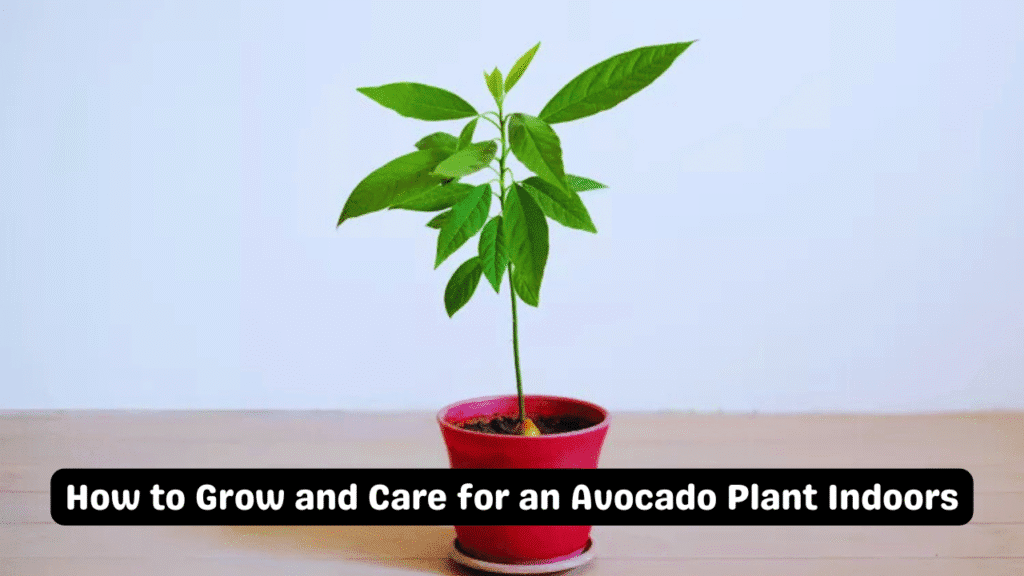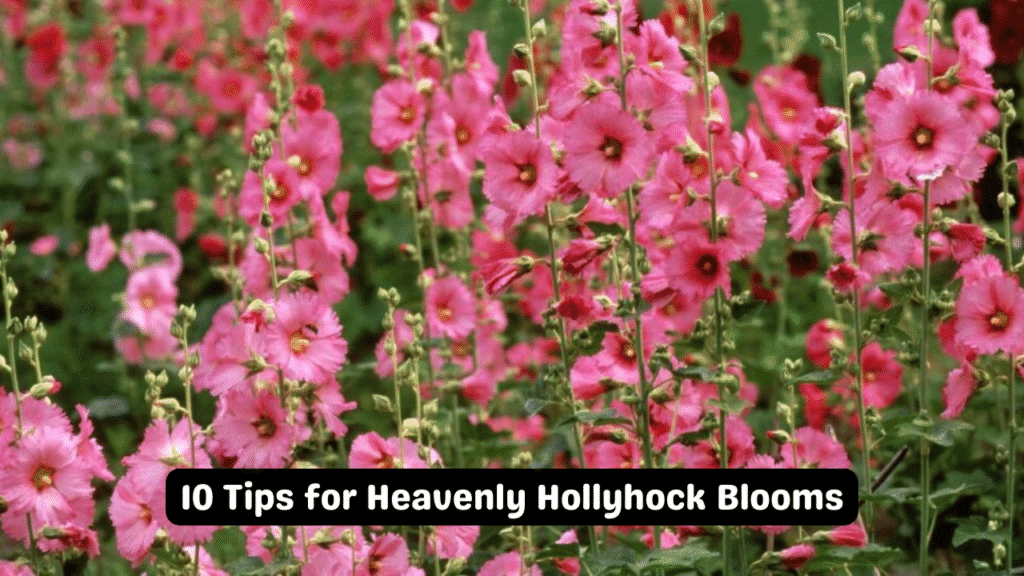If you’ve ever wondered whether baking soda has a place in your gardening routine — the answer is yes! This simple kitchen staple is more than just a baking ingredient. Baking soda can help boost plant health, control pests, and even improve your soil. In this article, we’ll explore exactly why baking soda works in your garden and how you can use it to your advantage.
Why Baking Soda Is Good for Your Garden
Baking soda (sodium bicarbonate) is a gentle, natural compound with multiple uses in the garden. Its antifungal, antimicrobial, and soil-enhancing properties make it a powerful ally for gardeners looking for low-cost, non-toxic solutions. Here are some of the top reasons gardeners love using baking soda:
Top Benefits of Baking Soda in the Garden
1. Natural Pest Control
Baking soda helps deter pests like aphids, whiteflies, and spider mites. When sprayed on plants, it can alter the pH on leaf surfaces, making it less inviting for insects to settle and feed.
2. Fights Fungal Diseases
One of baking soda’s most popular uses is its ability to prevent and slow the spread of fungal infections like powdery mildew and black spot on leaves. A simple solution of baking soda and water sprayed on foliage can work wonders.
3. Improves Soil Texture
When added to the soil, baking soda can help break down compacted organic matter. This increases soil porosity, helping water and nutrients reach plant roots more effectively.
4. Boosts Plant Growth
Sprinkling a bit of baking soda in the planting area before sowing seeds may help with germination and reduce transplant shock. It can also reduce stress on plants during extreme heat.
5. Reduces Nematode Activity
Nematodes are tiny soil pests that attack plant roots. A mixture of ½ cup baking soda in a gallon of water, sprayed weekly in early spring, can help reduce their impact naturally.
How to Use Baking Soda in the Garden: 5 Easy Ways
1. Weed Control
Sprinkle baking soda directly onto weeds growing in pavement cracks or walkways. It can burn the foliage and kill small, unwanted plants without affecting nearby garden plants if applied carefully.
2. Ant Repellent
Ants dislike baking soda’s scent and texture. Sprinkle it around anthills or garden beds to keep ants from invading your plants.
3. Clean Fruit Trees
Sticky sap and overripe fruit can attract pests and create messes on your fruit trees. Lightly coat the base of the tree (avoiding leaves) with baking soda and gently scrub with water to remove residue.
4. Clean Garden Tools and Pots
Use baking soda as a natural abrasive to clean plant pots, tools, and containers. It helps remove grime, rust, and old soil buildup without harsh chemicals.
5. Compost Booster
Add baking soda to your compost pile to help balance odors and speed up decomposition. Just be cautious not to overdo it, as too much can slow microbial activity.
Simple Recipe: Baking Soda Water for Plants
To use baking soda as a soil improver or foliage spray:
- Mix 1 tablespoon of baking soda into 1 gallon of water.
- Water the base of plants or spray directly on leaves to improve drainage, reduce disease, and clean the soil of toxins.
- Use every 2–3 weeks as needed.
Conclusion
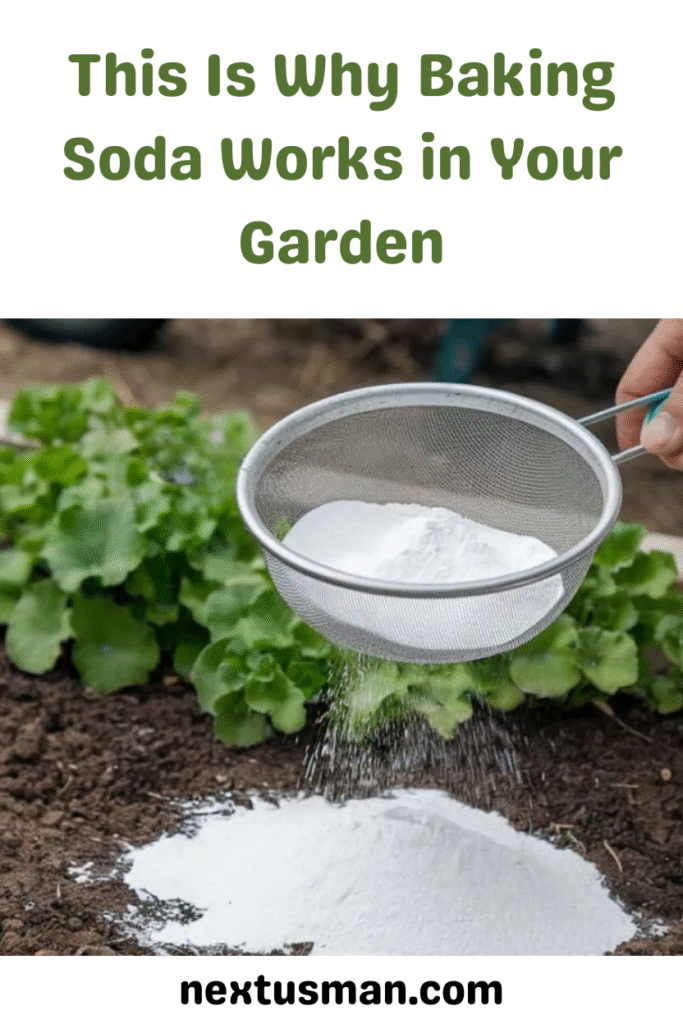
Baking soda is an incredibly versatile and natural tool for gardeners. Whether you’re dealing with pests, soil problems, or fungus, this budget-friendly ingredient offers a safe and effective solution. Plus, it helps reduce your reliance on synthetic chemicals, making your garden more sustainable and eco-friendly.
Next time you’re in the kitchen, save some baking soda for your garden — your plants will thank you!
